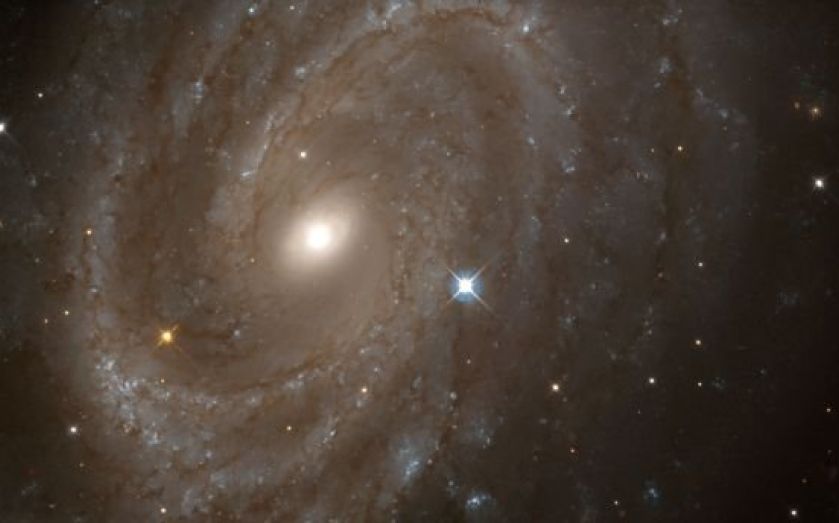| Updated:
Did the big bang happen? Scientists call theory into question

The big bang: it is supposedly the cause of our existence, the scientific explanation for everything that is and everything that isn't. But scientists now say that some of the evidence for it is flawed.
One of the concepts at the heart of the big bang theory is that of cosmic inflation, which says that the universe experienced exponential growth in its first trillionth of a trillionth of a second of existence, and that it has continued to expand ever since.
To test out the theory out, a group of scientists went to the south pole on a mission called the BICEP2 collaboration, where they used a telescope to detect the oldest light that can be observed from anywhere in the world.
If cosmic inflation is indeed how the universe started, it means that there must be cosmic background radiation in the sky: waves of gravitational energy that offer clues about what happened in the ancient past.
Earlier this year, the scientists claimed that they had found the signal they had been looking for: a pattern in the sky, caused by radiation, which was indicative of cosmic inflation.
Now many scientists are questioning their results, saying that their research is flawed. The problem, they claim, is to do with the way in which the waves were analysed: gravitational waves from inflation create a very distinctive polarisation pattern, but these can easily be confused with polarisation effects caused by nearby dust in our galaxy.
This is of particular concern following the release of new information by scientists working on the European Space Agency's orbiting Planck telescope, which has shed light on the extent of dust polarisation in the Milky Way.
Some of those involved in the study are now also coming forward and expressing doubt about the results. Clem Pryke from the University of Minnesota, a principal investigator in the mission, confirmed at a public lecture at University College London that circumstances have changed.
"Has my confidence gone down? Yes," he said. "Real data from Planck are indicating that our dust models are underestimates. So the prior knowledge on the level of dust at these latitudes, in our field, has gone up; and so the confidence that there is a gravitational wave component has gone down."
The team released details of the study in an official journal yesterday. In it, they said that, while they stand by their work, there are still questions that need answering. “Our models are not sufficiently constrained by external public data to exclude the possibility of dust emission bright enough to explain the entire excess signal," they confirm.
They say that further data, being released at the end of the year, will be needed before they can draw any more conclusions.